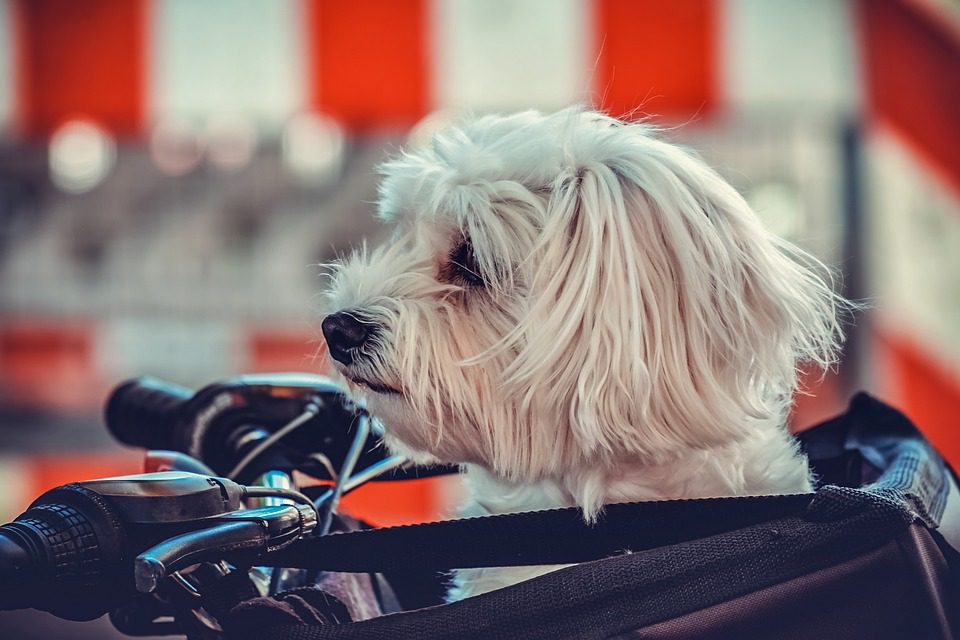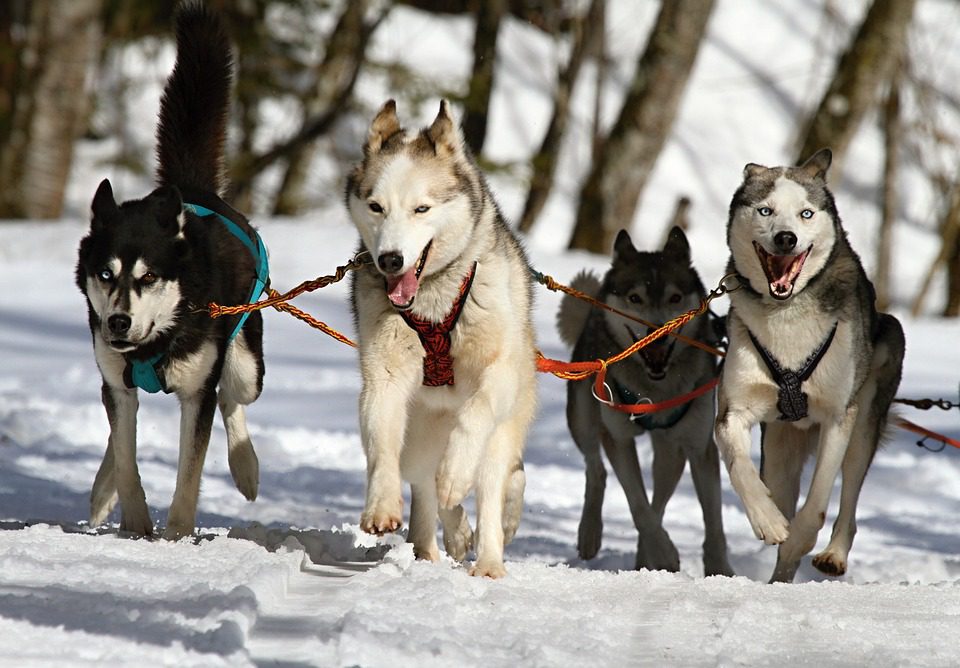The Havanese is a small, cuddly and friendly dog breed that is a great choice for families and individuals looking for a companion. But like all breeds, there are some negatives to consider before bringing a Havanese into your home. This article will explore the potential negatives you should be aware of when considering a Havanese as a pet. From their high energy levels and susceptibility to health issues to their grooming needs and potential for barking, this article will help you make an informed decision on whether a Havanese is the right fit for you.
The Havanese Dog Breed
Table of Contents
The Havanese is a small, friendly, and lovable breed of dog that originated in Cuba. They are known for their intelligence and outgoing personality and have become a popular choice for pet owners in recent years. Despite their many positive qualities, they do have some negative aspects that potential owners should be aware of.
High Energy Levels
The Havanese is a very active dog breed and they require a lot of physical and mental stimulation. They are not suited to living in a small apartment and require regular exercise in the form of long walks or playtime in a secure area. If a Havanese does not get enough exercise, they can become destructive, bark excessively, and become very difficult to manage.
Shedding
The Havanese is a double-coated breed, meaning that they have both a topcoat and an undercoat. This means that they shed more than other breeds and will require regular grooming and brushing to keep their coats in good condition. They also need to be bathed regularly, as their long hair can become matted easily.
Separation Anxiety
The Havanese is a very social breed that loves to be around people. This means that they can suffer from separation anxiety when left alone for long periods of time. If a Havanese is not given enough attention and companionship, they may become stressed and develop destructive behaviors such as chewing furniture or barking excessively.
Health Concerns
The Havanese is generally a healthy breed, but they do have some health issues that potential owners should be aware of. They are prone to eye problems such as cataracts and luxating patellas, which can cause lameness in the legs. They are also prone to skin allergies and can suffer from hip dysplasia.
Conclusion
The Havanese is a small, friendly, and lovable breed of dog that has become increasingly popular in recent years. Despite their many positive qualities, they do have some negative aspects that potential owners should be aware of, including high energy levels, shedding, separation anxiety, and some health concerns. Before getting a Havanese, potential owners should research the breed and be prepared to provide the necessary care and attention.
#### Common Myths About Havanese Dogs
There are many misconceptions about the Havanese breed, which can be based on false information and personal biases. Below, we will debunk some of the most common myths about Havanese dogs.
Myth 1: Havanese Dogs are High Maintenance – While Havanese dogs do require regular grooming and maintenance, they are not difficult to care for. These dogs are actually quite low maintenance, and can fit easily into most households.
Myth 2: Havanese Dogs Are not Good with Children – This is simply not true. Havanese dogs are incredibly friendly, and get along well with children of all ages.
Myth 3: Havanese Dogs are Hyperactive – This is also a common misconception about the breed. Havanese dogs actually have a moderate energy level and are relatively calm and laid-back.
Myth 4: Havanese Dogs are Difficult to Train – While it is true that Havanese dogs can be stubborn and independent, they are still capable of learning with the proper training. With patience and consistency, these dogs can learn basic obedience commands and even tricks.
Frequently Asked Questions
Conclusion
.
The Havanese is an active, friendly, and lovable breed of dog that originated in Cuba. They require lots of exercise and regular grooming, and can suffer from separation anxiety if left alone for long periods of time. Potential owners should also be aware of potential health issues such as eye problems, skin allergies, and hip dysplasia. With the right care and attention, the Havanese can make a great companion for many years.






